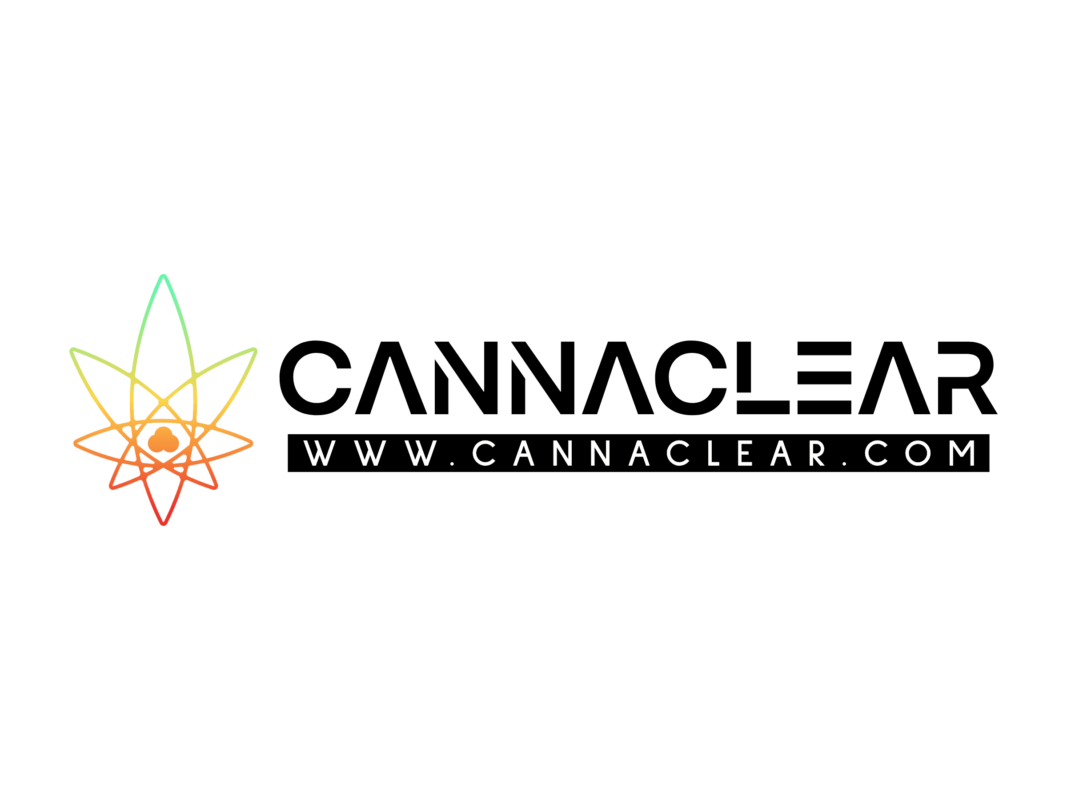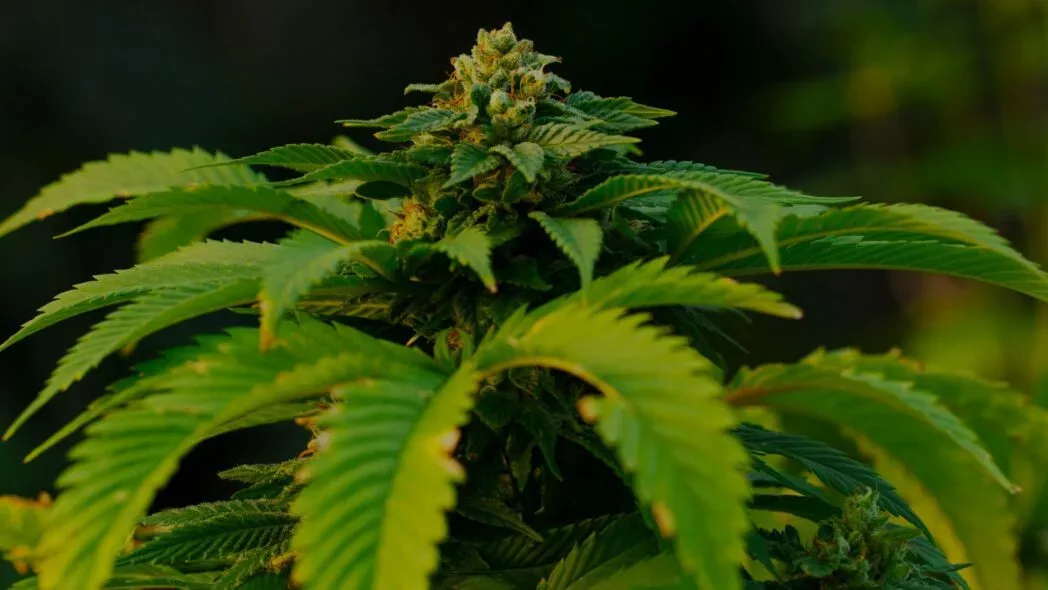Delta 8 Guides
Delta-8 THC: Is it Illegal?
Delta-8 THC hit the market running. It is one cannabis product that gained worldwide popularity, which will most likely lead to its eventual crackdown. Most states have rolled out a ban on the popular product in the following ways:
- Introducing potency limits for any product that contains delta-8 THC
- Introducing complete bans to prevent access within markets
- Devising various measures to ban the products.
Due to the legalization of cannabinoids derived from hemp, delta -8 THC rose to popularity because of its ‘high’ constituents, similar to Delta-9 THC. You can access some of Delta -8 products from local grocery shops, gas stations, or head shops. However, delta-8’s fate may soon change, with experts in the legal sector referring to it as a grey area that may be deemed illegal.
Delta -8 THC
Delta-8 THC is a psychoactive component of the cannabis plant. It’s found in the form of delta-9 tetrahydrocannabinol. Although it has similar physiological effects to Delta-9 THC, it is believed to produce a more clear-headed high identical to Delta-9 THC. Products containing Delta-8 THC are known to be more potent.
Delta-8 THC is not found in most hemp strains. Instead, it is produced from cannabidiol (CBD), which is the main component of hemp. Unlike marijuana, hemp is not considered a controlled substance. Instead, it is used to make various products such as clothing and food.
Is There a Difference Between Delta-8 THC and Delta-9 THC?
There are essential differences between the two cannabinoids. Delta-9 THC, as a start, is the main psychoactive ingredient that produces a ‘high’ feeling in individuals. However, under federal law, this cannabinoid has been deemed illegal.
On the other hand, delta-8 THC is derived from the cannabis plant, but it is less potent than Delta-9 THC. Its psychoactive effects are milder compared to Delta-9 THC.
What are the Pros and Cons?
On a positive note, delta-8 THC will have a milder side effect on you. More so, due to the legal confusion since the product is still legal in most states.
Also, various products in the market exist that contain delta-8 THC, such as beverages, vape cartridges, and edibles.
The cons of the cannabinoid are that it hasn’t been fully tested and is not being regulated by the FDA. Hence it has not yet been proven to be safe or pure for your consumption.
With the legal uncertainties, you can never be sure of delta-8 THC’s future whether it would eventually be classified as a controlled or uncontrolled substance.
Is it Legal?
The legal state of delta-8 THC has been somewhat confusing due to conflicting regulations that exist. Most proponents of the cannabis product argue that the Farm Bill states that hemp-derived substances are no longer legal crops and can be traded as uncontrolled substances.
Although the Farm Bill defined hemp as a non-controlled substance, Delta-8 THC remained a controlled substance under federal law. In 2020, the DEA issued an interim rule that clarified that all synthetically derived cannabinoids, including Delta-8 THC, remain controlled substances.
Since delta-8 THC is not directly manufactured from hemp but hemp-derived products, it is classified as a controlled substance.
Bearing the above in mind, it is not clear where Delta-8 THC lies in the regulatory framework. However, as lawmakers continue to hold discussions over its legal complexities, you as a consumer can still access the cannabinoid.
State Specific Decisions on 8-Delta THC
Different states across the United States have varying positions when it comes to Delta-8 THC. A breakdown is provided below:
Alabama
Members of the Alabama hemp industry were pleased with the state’s decision to reject amendments that would have banned the use of delta-8 and delta-10 derivatives.
Illinois
The Illinois House passed a bill in April that would regulate the sale of delta-8 and other derivatives of hemp. The products are known to contain little or no cannabidiol or CBD.
North Dakota
Due to an increase in demand for delta-8, North Dakota’s attorney generals proposed changes to the state’s hemp regulations. Hemp proponents are, however, propositioning legislators not to overlook the benefit delta-8 THC has on patients.
Oregon
Though recreational use of marijuana was legalized in 2014, Oregon did not have the same regulations in effect for delta-8 THC, which is a minor component of the cannabis plant. This issue has raised concerns among regulators about the safety of the new psychoactive compound.
The statehouse introduced a clause in its bill to allow regulation of the cannabinoid. Through the Oregon Liquor Control Commission, the body has the mandate to oversee the use of cannabis, set potency limits for cannabinoids derived from hemp, and check on mandatory testing to ascertain that the product is safe for human consumption.
According to the Hemp Industries Association president, Rick Trojan projects that the introduction of the bill would lead to overnight destruction of the hemp industry.
Vermont
As a resident of Vermont, you are not legally allowed to use delta-8 THC products. After the state communicated to all its hemp growers through the Vermont Agency of Agriculture, Farms, and Market, this is after the state communicated to all its hemp growers. Stating that under its published federal laws, the use of synthetic cannabinoids to produce any hemp product or any hemp-infused product is illegal.
Washington State
The law in Washington State is not as clear as Vermont is. Despite issuing a notice that lab-crafted products that are made from hemp being temporarily banned, the state is open to working with companies that sell and produce cannabis through a formal law process.
One of the reasons behind the ban was the state’s concern over safety and the absence of mandatory testing for the delta-8 THC. More so, the concentration limits and potency of the cannabinoid were also an issue of concern.


